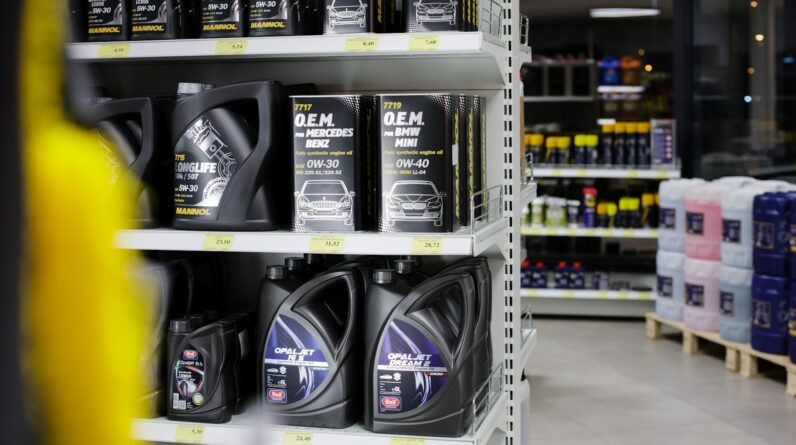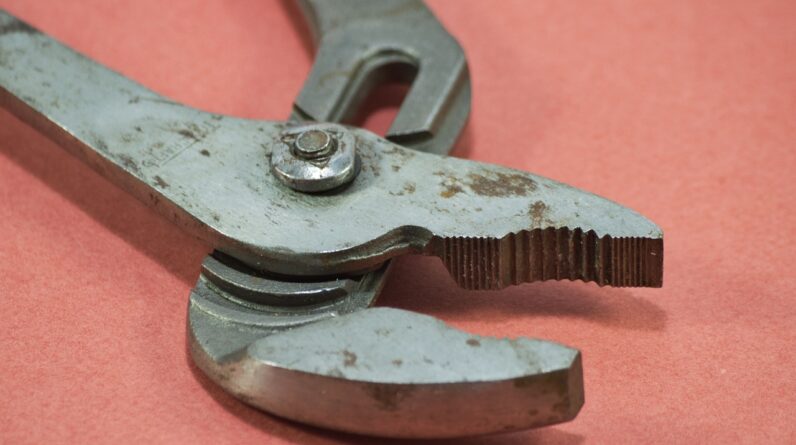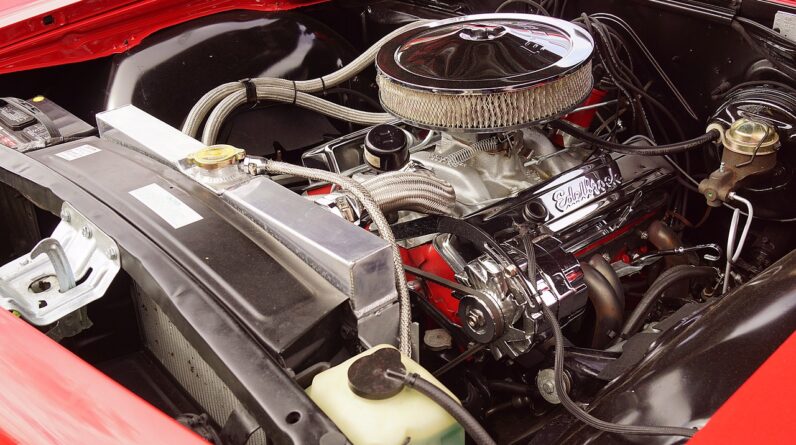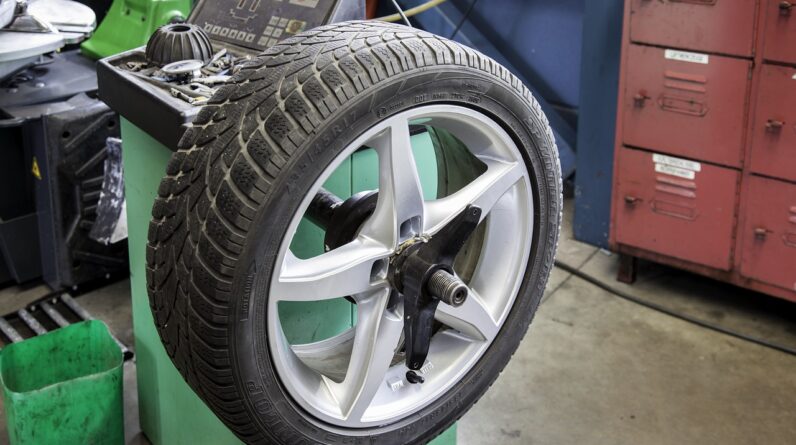
Discover how to maintain your car like a pro! Learn essential tips for routine checks, advanced practices, and smart driving habits to keep your vehicle running smoothly.
Have you ever wondered how some people seem to keep their cars running smoothly for years, while others face constant breakdowns and repair bills? Maintaining your car like a pro isn’t about spending a fortune; it’s about understanding and performing the right steps consistently. Let’s explore how you can achieve that and extend the life of your vehicle.
Understanding Car Maintenance
Maintaining your car involves several routine checks and tasks designed to keep everything running efficiently. Regular attention can prevent minor issues from becoming major (and expensive) problems. Let’s walk through some essential maintenance practices.
Regular Oil Changes
Oil is the lifeblood of your engine, lubricating moving parts and ensuring everything runs smoothly.
Why Oil Changes Matter
Engine oil degrades and becomes contaminated with use. Without regular changes, old oil can cause wear and tear, leading to costly repairs or even engine failure.
| Total Mileage | Change Interval |
|---|---|
| 0-75,000 miles | Every 5,000-7,500 miles |
| 75,000-150,000 miles | Every 4,000-6,000 miles |
| 150,000 miles+ | Every 3,000-5,000 miles |
Tire Maintenance
Tires are your car’s connection to the road, so keeping them in good condition is crucial.
Checking Tire Pressure
Proper tire pressure ensures optimal contact with the road and can extend tire life. Under-inflated tires wear out more quickly and can affect handling.
Rotating Tires
Rotating your tires regularly ensures even wear. Uneven wear can lead to handling problems and reduce the lifespan of your tires.
Brake System Checks
The brake system is crucial for your safety, and regular checks can prevent dangerous situations.
Inspecting Brake Pads
Worn brake pads can compromise your stopping power and damage your brake rotors. Inspect pads every 10,000 miles or at the first sign of a problem.
Fluid Levels and Replacements
Your car relies on various fluids for different systems, each playing a crucial role in operation and longevity.
Checking Coolant Levels
Coolant prevents your engine from overheating. Lack of adequate coolant can lead to engine damage and expensive repairs.
Transmission Fluid
Transmission fluid lubricates gears and prevents overheating. Regular checks and replacements are essential, especially for automatic transmissions.
| Fluid Type | Check Interval | Replacement Interval |
|---|---|---|
| Coolant | Every 6 months | Every 2 years |
| Transmission Fluid | Every 30,000 miles | Every 50,000 miles |
Advanced Maintenance Practices
Sometimes, basic maintenance isn’t enough. Understanding some advanced practices can help you troubleshoot more complex issues.
Engine Belt and Hose Inspection
Belts and hoses are integral to many of your car’s systems, including the engine cooling and air conditioning systems.
Why Inspections Matter
Cracked or worn belts can snap, leading to engine damage. Hoses can leak, causing coolant loss and overheating. Regular inspections can catch these issues early.
Battery Maintenance
A dead battery can leave you stranded.
Keeping the Battery Terminals Clean
Corroded terminals can prevent the battery from charging correctly. Cleaning them regularly can improve your battery’s lifespan and performance.
Suspension and Steering Checks
Your suspension and steering systems are vital for a smooth and controlled ride.
Identifying Wear and Tear
Check for uneven tire wear, strange noises, or a bumpy ride. These can indicate problems with suspension or steering components like ball joints, struts, or tie rods.
Exhaust System Maintenance
Your exhaust system not only reduces noise but also directs harmful gases away from the car.
Recognizing Problems
Rust, holes, or a loud exhaust system can indicate problems. Regular checks can prevent dangerous leaks and ensure your car meets emission standards.

DIY vs. Professional Help
Knowing when to perform maintenance yourself and when to seek professional help can save you time and money.
When to DIY
Simple tasks like changing the oil or air filters, and topping off fluids can be done at home with the right tools and knowledge.
When to Seek Professional Help
Complex issues like transmission repairs or engine diagnostics require specialized tools and expertise. In such cases, it’s best to consult a professional mechanic.
Building a Maintenance Routine
Establishing a consistent maintenance routine ensures that you don’t overlook any critical tasks.
Creating a Schedule
Write down the maintenance tasks based on mileage or time intervals. This could be something as simple as a checklist in your glove compartment.
| Task | Frequency |
|---|---|
| Oil Change | Every 5,000-7,500 miles |
| Tire Rotation | Every 6 months |
| Brake Inspection | Every 10,000 miles |
| Coolant Check | Every 6 months |
Record Keeping
Keep records of all maintenance work done on your car. This helps you track work done and can be beneficial when selling the car.

Seasonal Maintenance
Different seasons bring different challenges. Adapting your maintenance routine to the season can keep your car performing well year-round.
Winter Maintenance
Cold weather can be tough on your car. Winterize your car by checking the antifreeze levels, battery, and tire tread. It’s also a good idea to switch to winter wiper blades.
Summer Maintenance
Hot weather can strain your cooling system. Ensure your coolant levels are adequate, and your air conditioning system is functioning correctly. Keeping your tires inflated properly can prevent blowouts during hot weather.
Common Car Problems and Solutions
Knowing some common car problems and their solutions can help you troubleshoot minor issues efficiently.
Overheating
An overheating engine can be caused by low coolant levels, a faulty thermostat, or a damaged radiator. Always check your coolant levels regularly and keep an eye out for leaks.
Poor Fuel Economy
If you notice a decline in your car’s fuel efficiency, it could be due to clogged air filters, underinflated tires, or a malfunctioning oxygen sensor. Regular checks and replacements can keep your fuel economy in check.
Unusual Noises
Strange noises can indicate various problems—from a worn-out belt to transmission issues. Listen to your car and don’t ignore any unusual sounds.

Enhancing Your Driving Habits
How you drive can significantly impact your car’s longevity. Adopting better driving habits can help you maintain your car more effectively.
Smooth Acceleration and Braking
Avoiding sudden starts and stops can reduce wear on your engine, brakes, and transmission. Smooth driving not only prolongs your car’s life but also improves fuel efficiency.
Idling Less
Idling for long periods wastes fuel and can contribute to engine wear. If you’re going to be stopped for more than a minute, consider turning off your engine.
Lightening Your Load
Carry only what you need. Extra weight can reduce fuel efficiency and strain your suspension and braking systems.
Tools and Resources
Having the right tools and resources can make car maintenance easier.
Essential Tools
Invest in basic tools like a socket set, wrenches, and a jack. Quality tools last longer and make work easier.
Resources
There are plenty of online resources and forums where you can learn about specific car models and common issues. Books and manuals are also excellent resources for in-depth knowledge.

Conclusion
Maintaining your car like a pro doesn’t require advanced mechanical skills or expensive tools. It’s about being attentive to your vehicle’s needs, performing regular checkups, and making educated decisions. With a little effort, you can keep your car running smoothly and avoid costly repairs. So, the next time you’re tempted to skip a maintenance task, remember that a bit of preventive care today can save you loads of trouble down the road. By following these guidelines, you’ll be well on your way to becoming a car maintenance pro.






